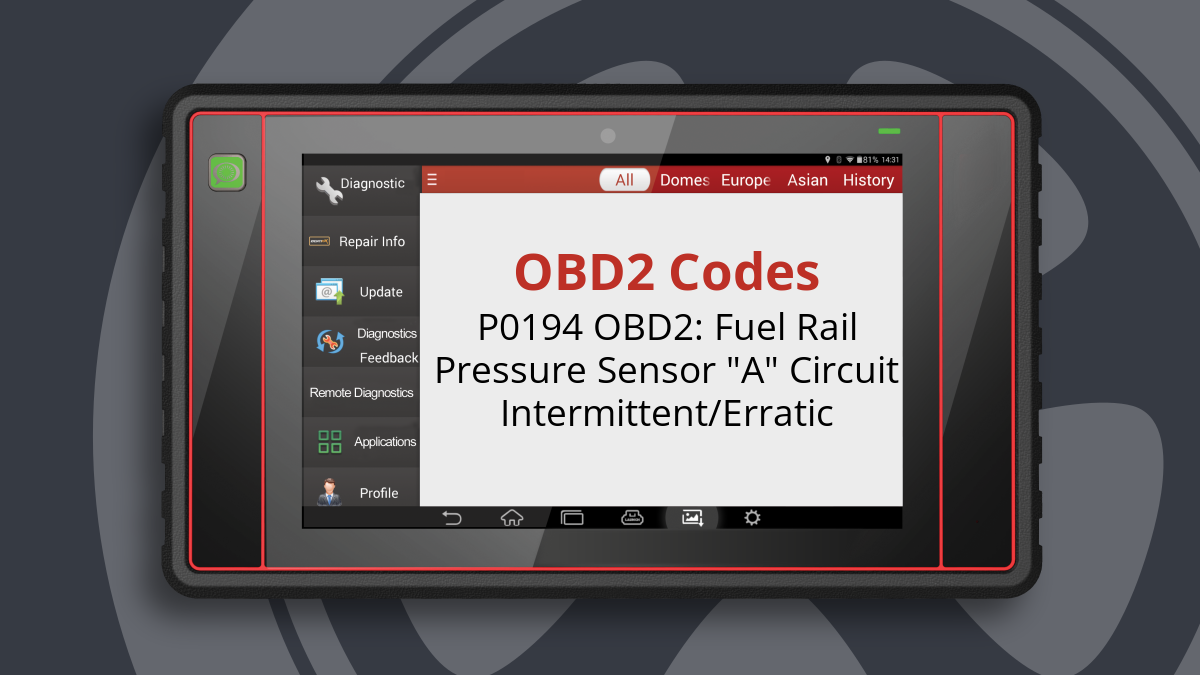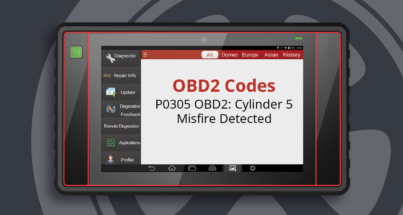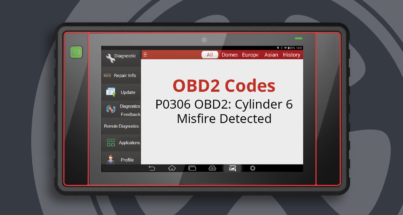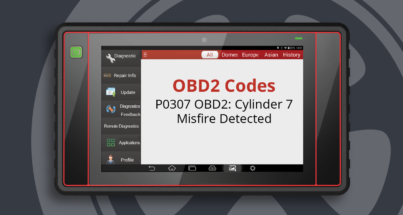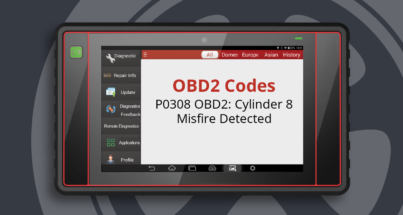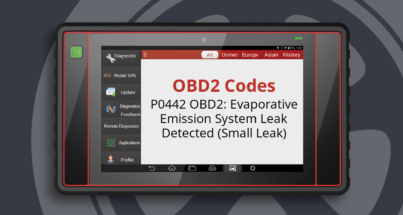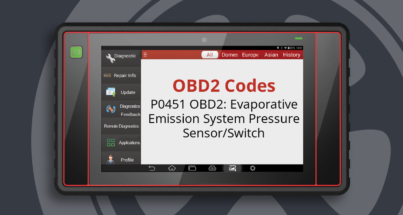What Does the P0194 Code Mean?
The P0194 code indicates that the engine control module (PCM) has detected an intermittent or erratic signal from the fuel rail pressure sensor. This sensor is critical for informing the PCM about the pressure in the fuel rail, which is essential for controlling the amount of fuel delivered to the injectors.
What Causes the P0194 Code?
This code can be triggered by several issues, including:
- Failure of the fuel rail pressure sensor
- Wiring issues, such as damaged connectors or short circuits
- Powertrain Control Module (PCM) failure
What Are the Symptoms of the P0194 Code?
Common symptoms associated with the P0194 code include:
- Decreased engine performance
- Increased fuel consumption
How Serious Is the P0194 Code?
The P0194 code is considered urgent. Ignoring this code can lead to severe engine damage or unsafe driving conditions, making prompt diagnosis and repair essential.
How to Diagnose the P0194 Code
Diagnosing the P0194 code typically involves:
- Checking for any additional trouble codes
- Inspecting the fuel rail pressure sensor and its wiring for damage
- Testing the sensor for proper function and response
- Evaluating the PCM for proper operation
Common Repairs for the P0194 Code
Repairs that might be needed for the P0194 code include:
- Replacing the fuel rail pressure sensor
- Repairing or replacing damaged wiring
- Replacing the Powertrain Control Module (PCM) if necessary
How Much Does It Cost to Fix the P0194 Code?
The cost to fix the P0194 code can vary widely based on the underlying issue. Simple repairs, such as replacing the sensor, may cost between $100 to $300, while more complex repairs involving the PCM can exceed $1,000.
Can I Fix the P0194 Code Myself?
If you have experience with automotive diagnostics and repairs, you may be able to address the P0194 code yourself. However, it’s important to conduct a thorough diagnostic process to identify the root cause of the issue. If you’re unsure, consulting a professional mechanic is recommended to avoid unnecessary repairs.


